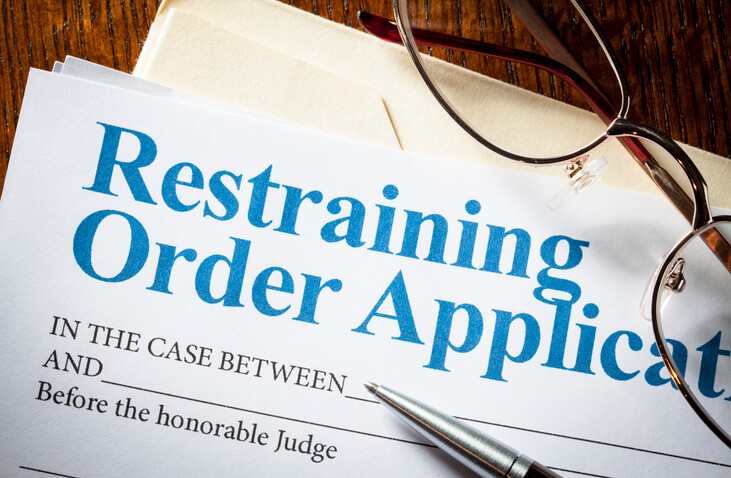Changing your last name might sound complicated, but in North Carolina, it is more common than you might think. People decide to change their name for all kinds of reasons, maybe after an adoption, a change in custody, or to make a family name match up. No matter your reason, it is...
Category: Family Law
How Is Debt Handled During a Divorce?
North Carolina courts classify debt as marital, separate, or divisible. Marital debt includes loans, credit cards, mortgages and other obligations or financing either spouse took on during the marriage, even if the other was unaware, unless a judge determines otherwise. Separate debt includes any debt a spouse had before marriage or took...
How Can I Establish Paternity in North Carolina?
Whether you are unmarried and with a long-term partner, or you are in a marriage and have suspicions about infidelity, establishing your parental rights is a vital step you must take to protect your rights. However, there can be some confusion over establishing paternity in North Carolina.
Biological fathers...
Divorce Litigation vs. Divorce Mediation in North Carolina
The end of a marriage often brings significant changes, from financial adjustments to redefining family dynamics. Each couple’s journey is unique, and how they choose to move through the divorce process can have a lasting impact on their future. Whether you’re looking to minimize conflict or need structured guidance through difficult decisions,...
Divorce Preparation To-Do List
Preparing for a divorce can feel overwhelming, especially when emotions are running high and there are countless details to consider. You might be unsure about where to start or what steps will make the process smoother. Taking the time to organize yourself early on can go a long way in making the...
Will a Prior Restraining Order Affect Divorce Outcomes?
If you've had a restraining order during your marriage, you're likely wondering how it could affect your divorce. The court may consider it when deciding things like custody, alimony, or dividing your assets, especially if abuse was involved. This can shape everything from how much time you spend with your children to...
How to Extend a Restraining Order in North Carolina
North Carolina provides two different civil types of no-contact or restraining orders to individuals who need protection from an aggressor. The difference in these legal actions depends mostly on the victim’s relationship with the abuser. In most cases, references to a “restraining order” actually mean a domestic violence protective order (DVPO).
Defining Physical Custody and Legal Custody In North Carolina
Getting divorced involves a lot of decisions, especially when you are a parent. One of the most important decisions is who will have physical custody and legal custody of your children after the divorce.
If you are like many potential clients, you probably don’t know the difference between...
Business Division During a Divorce: Complications and Protections
Divorce can be a complicated process involving lots of stress and painful moments, but if you and your spouse own a business together that will mean it won’t be simple. A North Carolina family law attorney can help you sort out the situation and ensure you are...

Protective Orders and Restraining Orders: Legal Protections for Domestic Violence Victims
Domestic violence is a serious problem. Protecting yourself and securing your safety is essential. One way to protect yourself is to petition the court for a protective order to restrain the offender from further acts of domestic violence. Experienced North Carolina family law attorneys can help you petition the court...